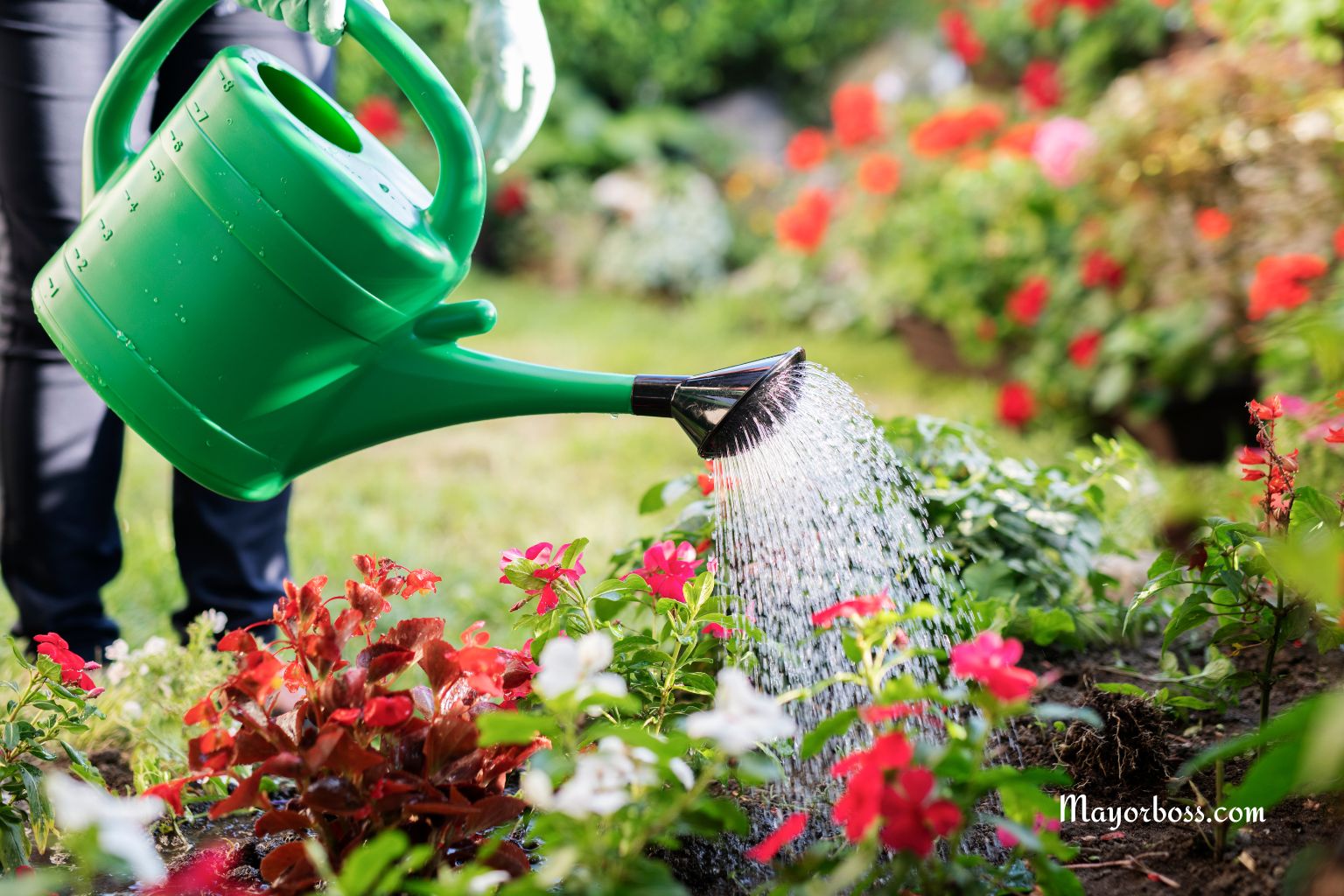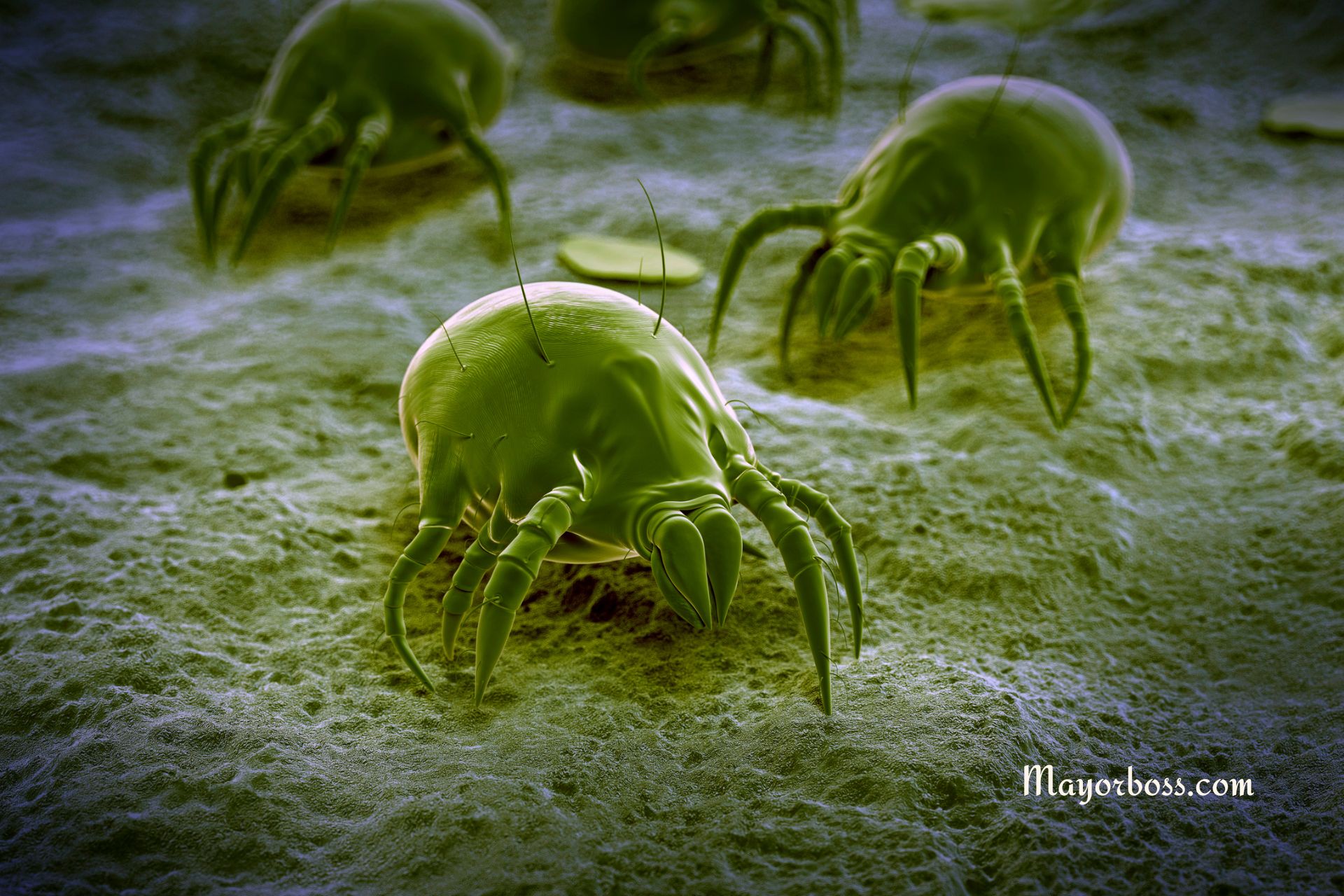Never Water Your Garden at This Time of Day
Never water your garden during the hottest part of the day, usually between 10 a.m. and 4 p.m. Doing so can cause water to evaporate quickly, leaving plants thirsty and stressed, and may even burn delicate leaves.

If you care about your garden, you might think any time is a good time to water. But the truth is, the timing can be helpful for the health of your plants. When you choose the wrong moment, you risk wasting water and even harming your garden.
The Problem With Midday Watering
Let’s talk about what happens when you water during the heat of the day. The sun is at its peak between 10 a.m. and 4 p.m. At this time, the temperature is high, and sunlight is intense. If you water now, much of the moisture evaporates before it even reaches the roots.
What does this mean for your plants? They end up thirsty, no matter how much you water. Worse still, droplets left on leaves can act like tiny magnifying glasses, focusing sunlight and potentially burning sensitive foliage. This is especially risky for young or delicate plants.
The Best Time of Day for Watering
So, when should you water your garden or lawn? Experts agree that early morning is the best time to water, ideally between 5 a.m. and 9 a.m. The air is cooler, the sun isn’t too harsh, and water has a chance to soak into the soil. Plants have time to absorb moisture before the heat arrives. This helps them stay strong throughout the day.1
Watering in the morning also gives leaves time to dry off, which lowers the risk of fungal diseases. Many common plant problems, like powdery mildew, thrive in damp conditions, especially overnight. Dry leaves mean healthier plants.
Why Evening Isn’t Ideal Either
If you miss the morning, you might think evening is your next best choice. While evening watering is better than midday, it has its downsides. When you water late, the sun goes down, and leaves stay wet longer. This creates a perfect environment for fungi and other plant diseases to develop.
Cool, damp leaves overnight can attract slugs and snails, too. Over time, this can lead to more plant damage than you might expect. If you have to water in the evening, try to do it early—before sunset—so leaves can dry off as much as possible.
How to Tell If Your Garden Needs Water
Instead of watering on a fixed schedule, check the soil. Push your finger about an inch into the dirt. If it feels dry, it’s time to water. If it’s still damp, wait a day. This method helps prevent overwatering, which can suffocate roots and invite root rot.
Some plants, like tomatoes or cucumbers, will let you know they’re thirsty—leaves may wilt or curl. But don’t wait until they look stressed every time. Consistent, early watering supports steady growth and stronger roots.
Tips for Smart Watering
- Water deeply rather than often. This encourages roots to grow deeper.
- Use mulch around plants to help the soil hold moisture and keep roots cool.
- Water at the base of plants, not over the leaves, to avoid disease.
- Early morning is best, but if you can’t, aim for late afternoon before sunset.
- Avoid using sprinklers in the middle of the day.
What Happens if You Ignore the Timing?
If you keep watering during the heat of the day, your plants may not get the water they need. You’ll waste water, risk leaf scorch, and increase the chance of disease. Over time, your garden will struggle to thrive, and you may notice more yellowing leaves, wilting, or stunted growth.
Final Thoughts
Watering your garden might seem simple, but the right timing protects your plants and helps them flourish. Choose early morning, water deeply, and watch your garden reward you with healthier, stronger growth.
Frequently Asked Questions
Why does watering at midday harm plants?
Watering during midday causes most of the water to evaporate before reaching the roots, and droplets on leaves may burn them.
Can I water my garden in the evening?
You can, but it’s less ideal. Evening watering can leave leaves wet overnight, which increases the risk of fungal diseases.
How do I know if my garden needs water?
Check the soil with your finger. If the top inch feels dry, it’s time to water.
Should I water every day?
Not always. It’s better to water deeply and less often to encourage deep roots.
Is it bad to water over the leaves?
Yes. Watering at the base is safer. Wet leaves can attract disease and pests.






